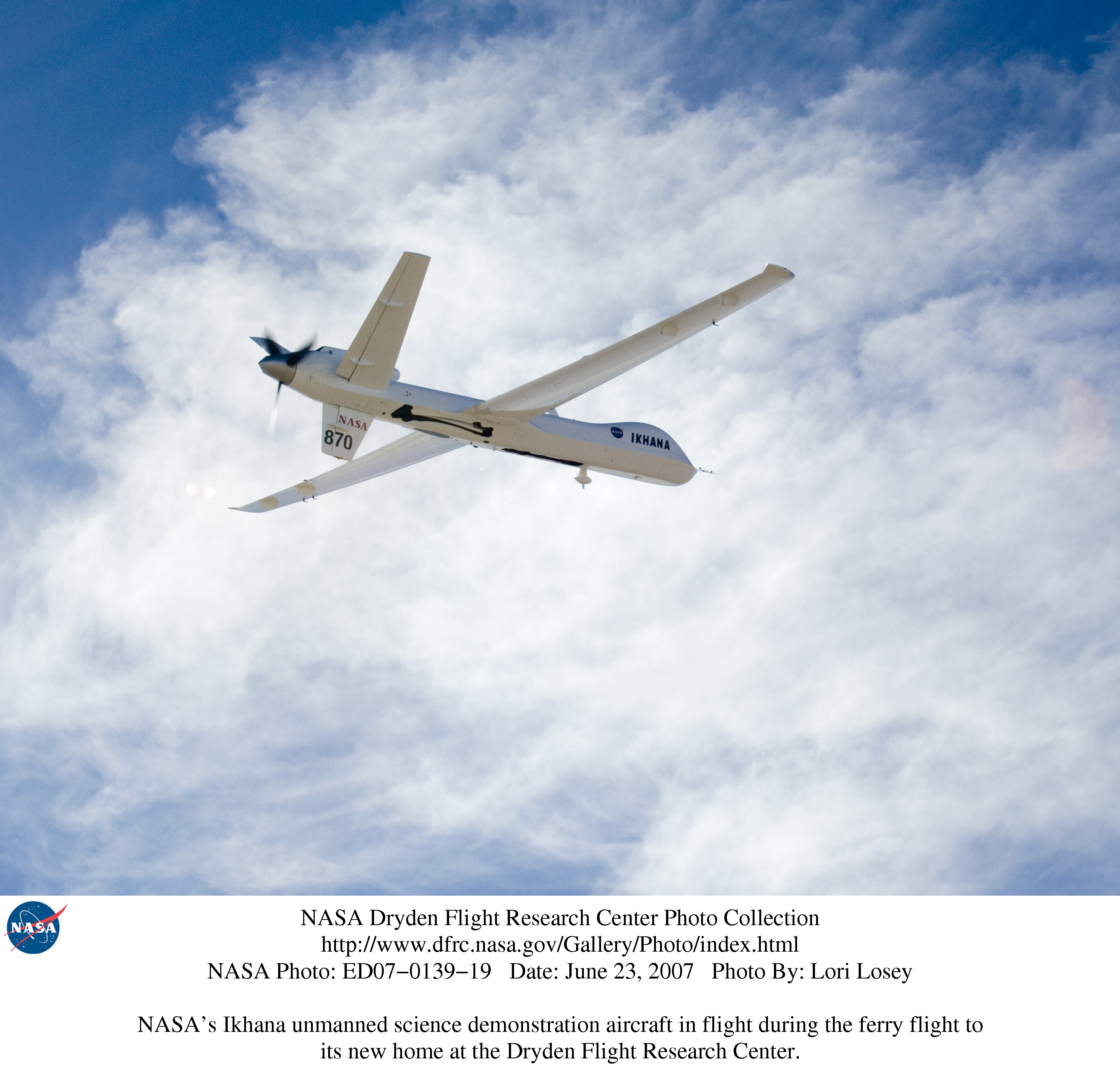By Ed Hoffman
I recently participated in a panel discussion about next-generation challenges and strategies for aerospace. Such sessions have become common as we worry about the ability of the future workforce to assume responsibility for the science, engineering, technology development, and management of our future aerospace missions. ![]()
You often hear that members of Gen X and Y do not have the work ethic, commitment, or attention span of their elders. In one session, someone commented that “research had determined” that the new generation has an attention span of a few seconds. (I wondered how they crossed the street without being run over.) The few hundred attendees at the conference were skewed significantly toward maturity and long experience. Whenever I appear on a panel devoted to next-generation work issues, I see few representatives of the target community there to keep us honest.
This is nothing new. Twenty years ago, getting ready to facilitate a strategic diversity planning session, I was struck by the complete lack of diversity on the work team, which consisted entirely of middleaged white males. We spent the day wondering what could be done to improve workforce diversity and how to understand the needs of a diverse workforce. But the most obvious resource—a diversity of perspectives—was missing.
We have a tendency to work a problem without including the people who know it best. Perhaps it is natural to invite the people you know, but assumptions made on behalf of those who are missing are often flat wrong. One such assumption is that the next generation is not ready to take over, but little evidence is offered to support it. Every generation takes over a world that is more complex than what came before, and so far every generation has outdistanced its predecessors. I remember Gene Kranz indicating at a NASA event that the average age of the Apollo workforce was twenty-seven. Evidently youth was not a hindrance to landing a man on the moon.
I have also been told that this new generation is not as dedicated or committed as past generations. That is not what I see. In many respects the nextgeneration workforce seems far better prepared. They are more open to diversity, working in teams, international collaboration, information technologies, and continuous learning, to mention just a few potential strengths. As far as motivation and commitment are concerned, spend a few minutes with a new co-op student. The enthusiasm and dedication are unmistakable.
At that recent conference, I asked for a show of hands to determine how many in the audience were under thirty. Five hands went up. I watched their reactions at different points of the panel discussion. They sat and listened while they heard theories about the next-generation workforce. Theories about how they learned. Theories about how they worked. Theories about how prepared they were to enter the workforce. Theories about their loyalty. Theories about their professional passion. During some of the discussion they seemed to nod their heads in agreement. At other times, they seemed to laugh at the conjectures and concerns. Despite their small numbers, they were active participants, asking questions and offering ideas. They made their voices heard. What they said loud and clear was, “We are here, and we are ready.”







